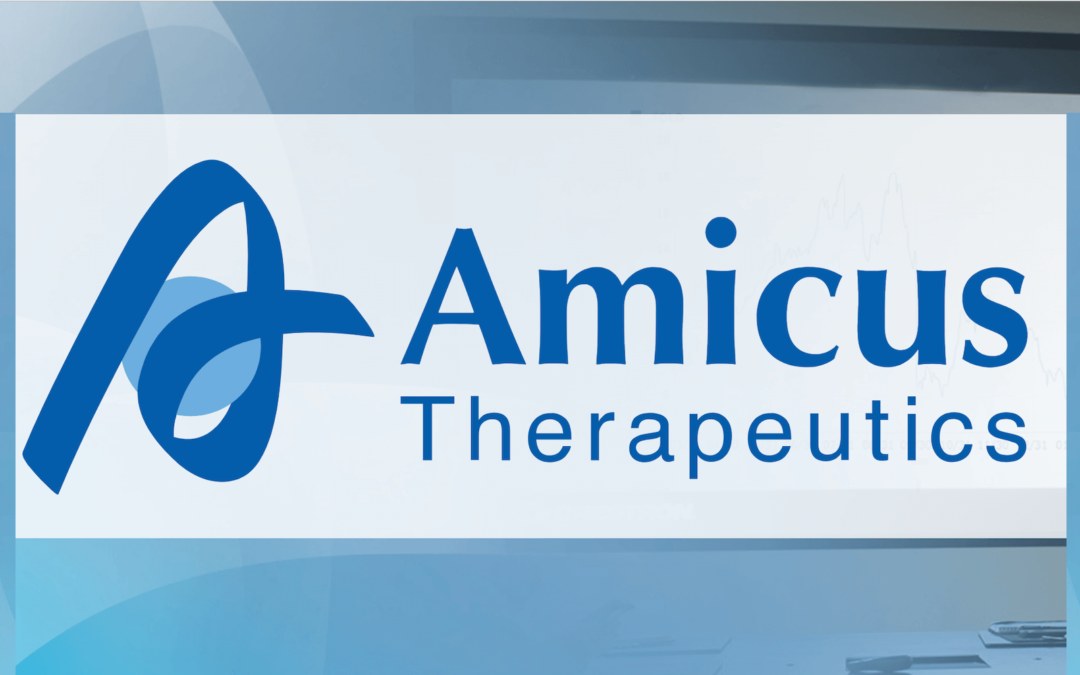A first for Pompe disease
Granted for AT-GAA, this is the first Breakthrough Therapy Designation (BTD) for a second generation Lysosomal Storage Disorder therapy, and the first for an investigational treatment in Pompe Disease.
AT-GAA is a novel treatment consisting of ATB200, a unique recombinant human acid alpha-glucosidase (rhGAA) enzyme with optimized carbohydrate structures, co-administered with AT2221, a pharmacological chaperone.
What Breakthrough Therapy Designation means
Breakthrough Therapy Designation was instituted by the Food and Drugs Administration (FDA) in 2012 to expedite the development of drugs that target serious conditions. To receive BTD there must be preliminary clinical evidence indicating that the drug may demonstrate substantial improvement over available therapies. The designation includes Fast Track program features, and more intensive FDA guidance and discussion. The BTD will facilitate multidisciplinary, comprehensive discussions of the AT-GAA development program with the FDA, including planned clinical trials and plans for expediting manufacturing development strategy.
The BTD for AT-GAA is based on clinical efficacy results from the ongoing ATB200-02 Phase 1/2 clinical study, including improvements in six-minute walk distance in late onset Pompe patients and comparison to natural history of treated patients.
Support for advance as quickly as possible
John Crowley, Chairman and Chief Executive Officer of Amicus Therapeutics, stated, “We have been very pleased with the level of collaboration among the Amicus team, physicians, patients and the FDA in advancing AT-GAA. This BTD, together with our results from the Phase 2 study and ongoing PROPEL pivotal study, support our strategy to advance AT-GAA as quickly as possible with the potential to become the new standard of care for all persons living with Pompe disease.”
Amicus expects that the pivotal PROPEL study (also referred to as ATB200-03) will be needed to support full approval of AT-GAA. Based on regulatory feedback from both the U.S. FDA and the European Medicines Agency (EMA), the Company expects the AT-GAA development plan, including a planned pediatric study, to support a broad indication, for ERT-switch and treatment-naïve Pompe patients.
Further information

